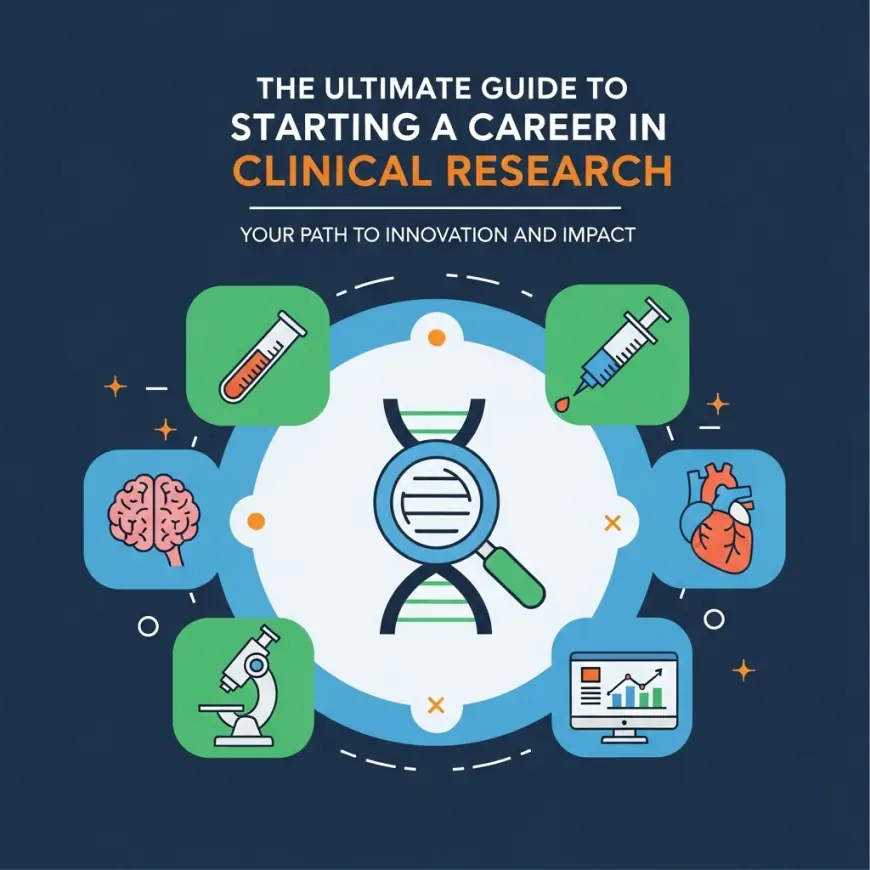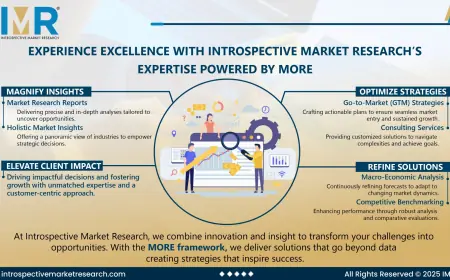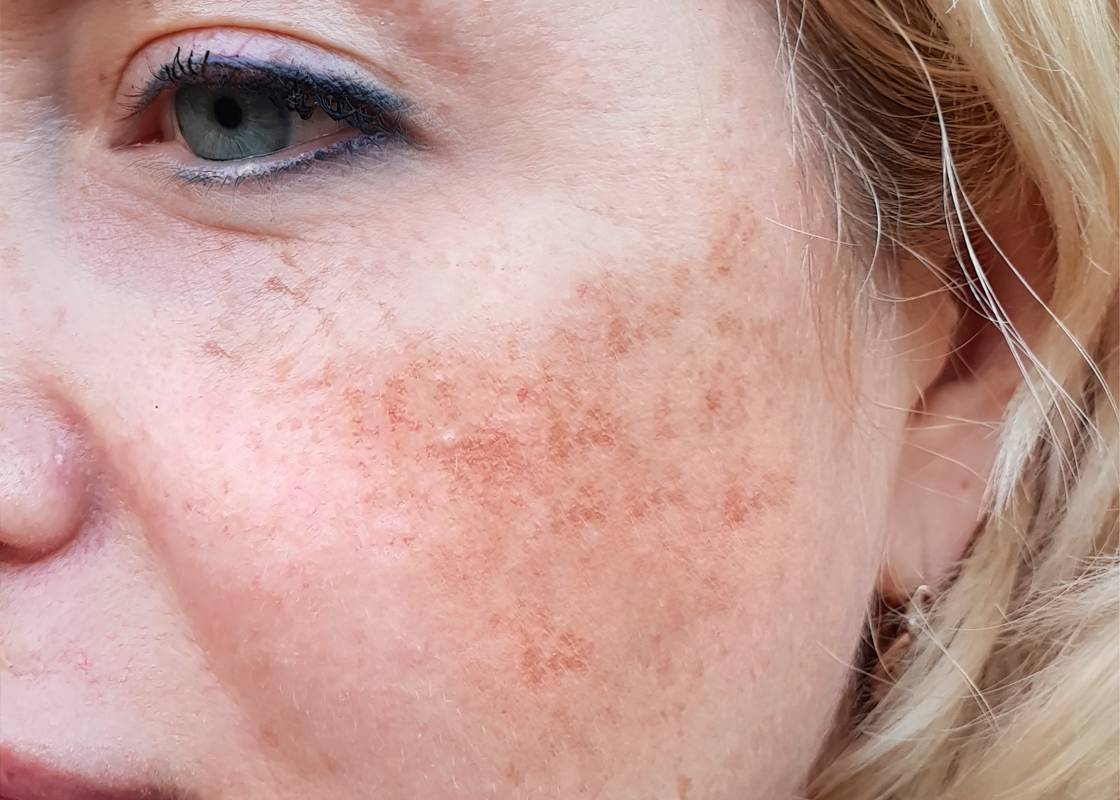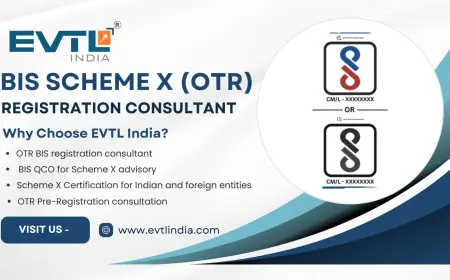The Ultimate Guide to Starting a Career in Clinical Research

Are you fascinated by the world of medicine and want to play a direct role in creating new treatments and cures? A career in clinical research might be the perfect fit for you clinical research is where scientific discoveries are put to the test on people, ensuring that new drugs and therapies are safe and effective it is a field with immense growth potential, especially in a fast developing country like India. Starting your journey here can seem a little complicated, but with the right steps you can build a stable and rewarding career. The very first step is often to get a strong foundation and a good clinical research course can provide just that it is a key part of your journey giving you the specialized knowledge you can not get from a standard science degree.
Step 1: Laying a Strong Foundation
Your first step is to get the right educational background most people who enter this field have a degree in a related science, like pharmacy, life sciences, nursing or microbiology this gives you the basic knowledge you need to understand medical concepts. However, having a general science degree is just the beginning the clinical research industry has its own unique rules, processes and jargon this is why it is so important to get specialized education. Taking a focused program on clinical research will teach you about the different phases of a clinical trial the ethical guidelines you must follow and the regulations that govern the industry in India and around the world. These programs are designed to fill the gap between your academic knowledge and the practical needs of the job market they are your first, crucial step toward becoming a professional in this field.
Step 2: Understanding the Job Roles
One of the great things about clinical research is the variety of jobs available as a newcomer, you do not need to be a doctor or a scientist to get started. Many entry level positions are perfect for freshers who have the right education and a strong desire to learn some of the most common roles include:
· Clinical Research Coordinator (CRC): This is a fantastic starting point a CRC works at a hospital or a research site managing the day to day operations of a study. This includes helping with patient visits, collecting data and making sure the study follows the rules. It is a hands on role that gives you a complete view of how a study works.
· Clinical Data Manager: This role is perfect for those who are detail oriented and have an aptitude for organization you would be in charge of all the data collected during a study, making sure it is accurate, clean and ready for analysis.
· Pharmacovigilance Associate: In this role, your main job is to monitor and report any side effects or negative reactions that patients have to a new drug this is a crucial role for patient safety and is vital for getting a drug approved.
· Medical Coder: This involves using standardized codes to classify medical diagnoses, treatments and procedures this information is critical for data analysis and for the proper handling of a clinical study records.
These are just a few of the many opportunities available each one offers a different path for growth and a chance to make a real impact on medical science.
Step 3: Acquiring Key Skills and Certifications
To land a job in this field you need more than just a degree you need to show employers that you have the right skills these skills fall into two main categories soft skills and hard skills. Soft skills are things like communication, teamwork and problem solving. In clinical research, you will constantly be working with a team, talking to patients and interacting with doctors and other professionals being able to communicate clearly and manage relationships is essential for success. Hard skills are the technical skills specific to the job. These include knowing about Good Clinical Practice (GCP) which is a set of international ethical and scientific quality standards. A specialized certification in clinical research is one of the best ways to show employers that you have these skills. It demonstrates that you have gone above and beyond to learn the specific rules and practices of the industry this can make your resume stand out and give you a huge advantage over other candidates.
Step 4: Gaining Hands on Experience
The most valuable asset you can have on your resume is practical experience while classroom learning is great nothing beats real world exposure this is why internships and volunteer positions are so important. Even a small amount of hands on work in a hospital a research organization or a lab can give you the experience you need to get your first job. Many educational programs now include a practical component in their curriculum to help with this a good clinical research training program will use real world case studies and might even offer mock trials or simulations. This type of training helps you learn how to handle the challenges you will face on the job from managing patient information to dealing with unexpected issues. For those who are looking to switch careers or quickly get into the field a specialized diploma in clinical research can be a great choice these programs are often designed to be comprehensive and fast paced giving you all the necessary skills and practical knowledge in a shorter amount of time.
Step 5: Building Your Professional Network
Networking is crucial in any career and clinical research is no different attend industry seminars, join online forums and connect with professionals on platforms like LinkedIn building relationships with people who are already working in the field can give you valuable insights and open doors to new opportunities many jobs in this industry are filled through personal connections and referrals. Your resume should be a living document that you update constantly make sure it highlights your relevant education, skills and any experience you have when you apply for a job tailor your resume to the specific job description use keywords from the job posting to show that you are a perfect fit for the role.
Step 6: Choosing the Right Path
The final and perhaps most important step is to choose a good partner to guide you on your journey the quality of your education is directly linked to your career prospects that is why it is so important to find a good and reputable clinical research institute you can consider an organization that is dedicated to providing the kind of education and hands on training that helps you not just get a job, but build a lasting and successful career. Clariwell is an organization that focuses on providing the tools, knowledge and industry connections you need to excel. A career in clinical research is more than just a job it is a chance to be part of something bigger. You will be helping to develop the next generation of medicines and making a real difference in people lives with the right education and a lot of hard work a rewarding career in this field is well within your reach.
What's Your Reaction?
 Like
0
Like
0
 Dislike
0
Dislike
0
 Love
0
Love
0
 Funny
0
Funny
0
 Angry
0
Angry
0
 Sad
0
Sad
0
 Wow
0
Wow
0


























































